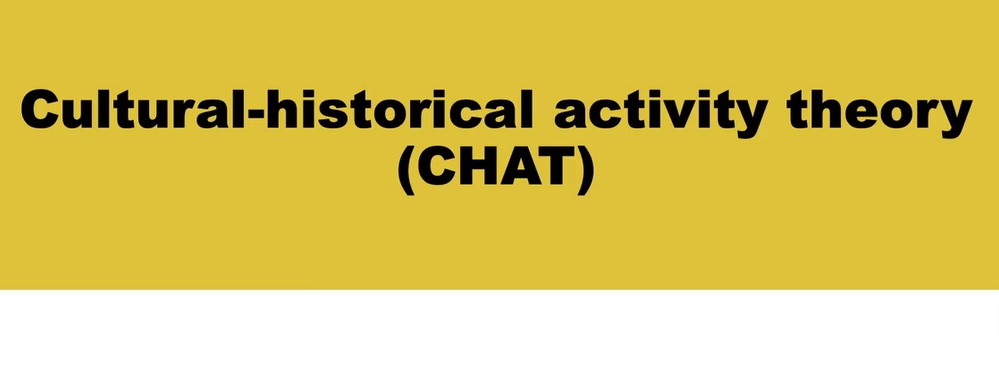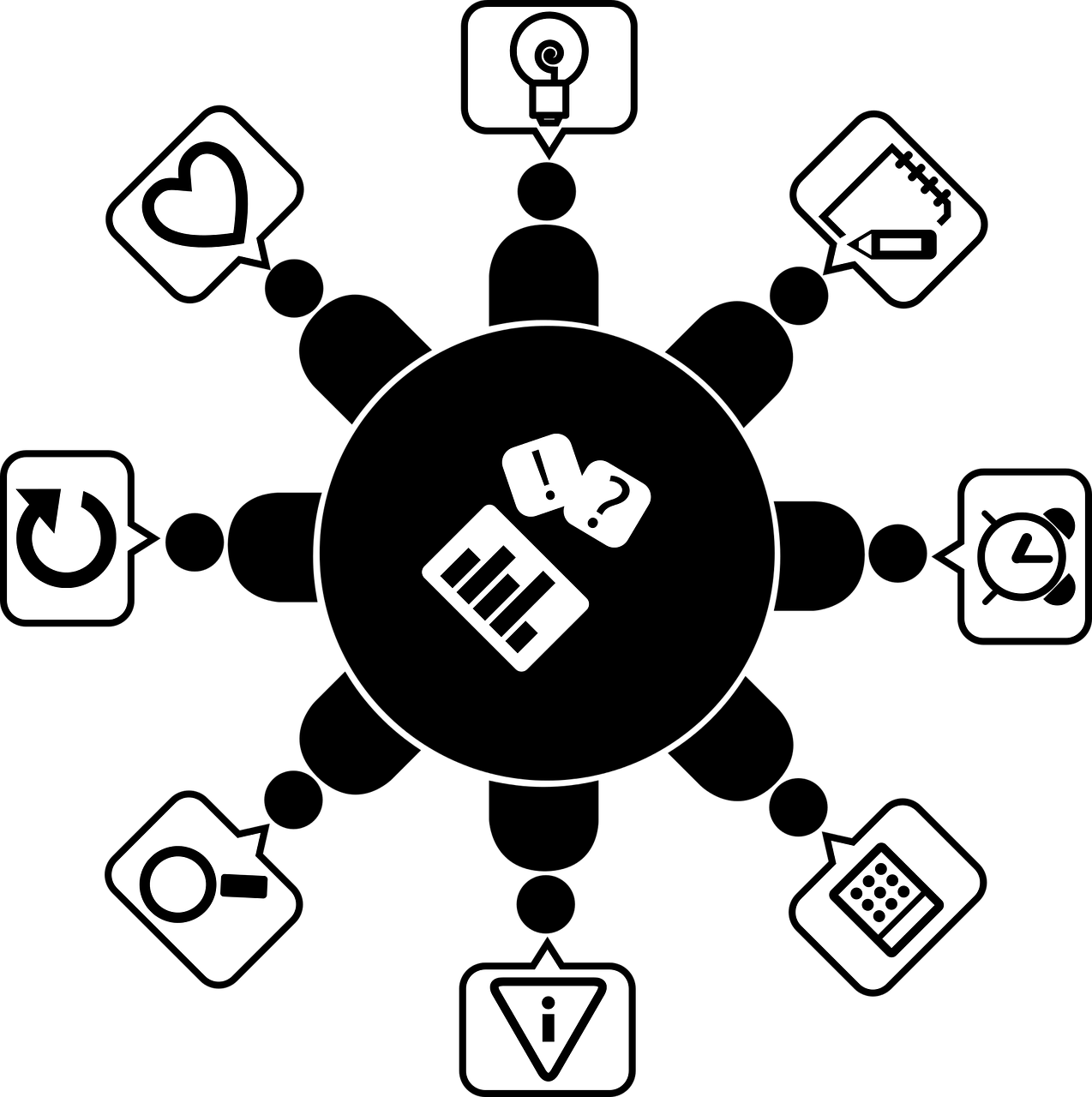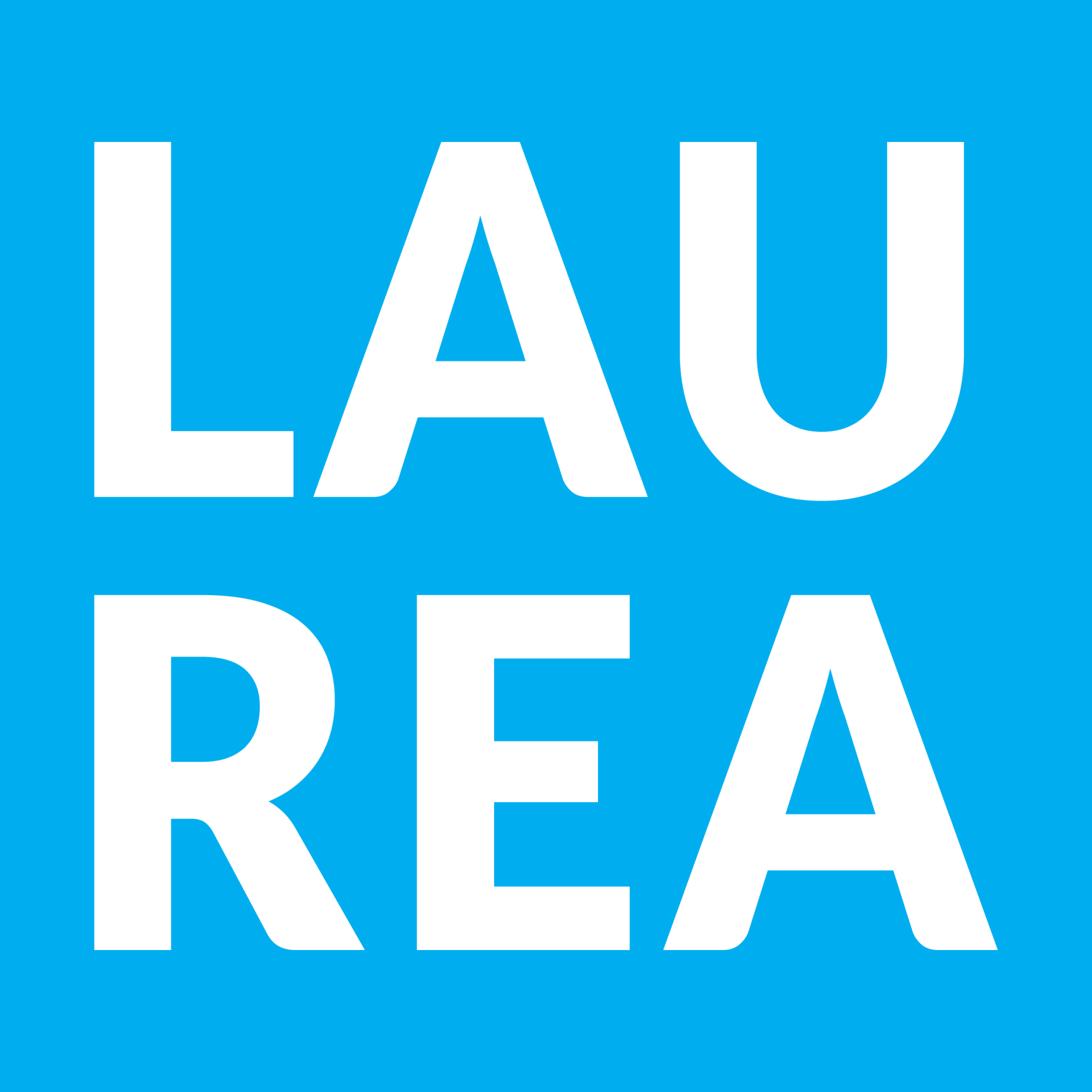The Change Laboratory is a participatory development method focusing on learning and improving practices (Engeström 2007; Virkkunen & Newnham 2013). The Change Laboratory method is based on the methodology of developmental work research (Engeström 1995), which has previously been used in developing organizations, educational institutions, and hospitals. Nowadays, it is increasingly used to address complex societal issues such as homelessness, residential segregation, and climate change (Lotz-Sisitka, Mukute, Chikunda, Baloi & Pesanayi 2017; Lund 2021; Sannino 2020; Vogel, Mukute, Coetzer & Gwata 2021).
Change Laboratory
The learning activities of the Change Laboratory progress step by step based on expansive learning actions. The need for change is assessed, and commitment to development is established. Next, the challenges and opportunities for improving the operation are identified by comparing current and previous practices, highlighting key contradictions. Subsequently, a new operational model is developed, tested, and implemented. Finally, the new model is institutionalized. The structure of the Change Laboratory supports participants’ learning and the development of agency, providing tools for creating and experimenting with new solutions (Virkkunen and Newnham, 2013).


